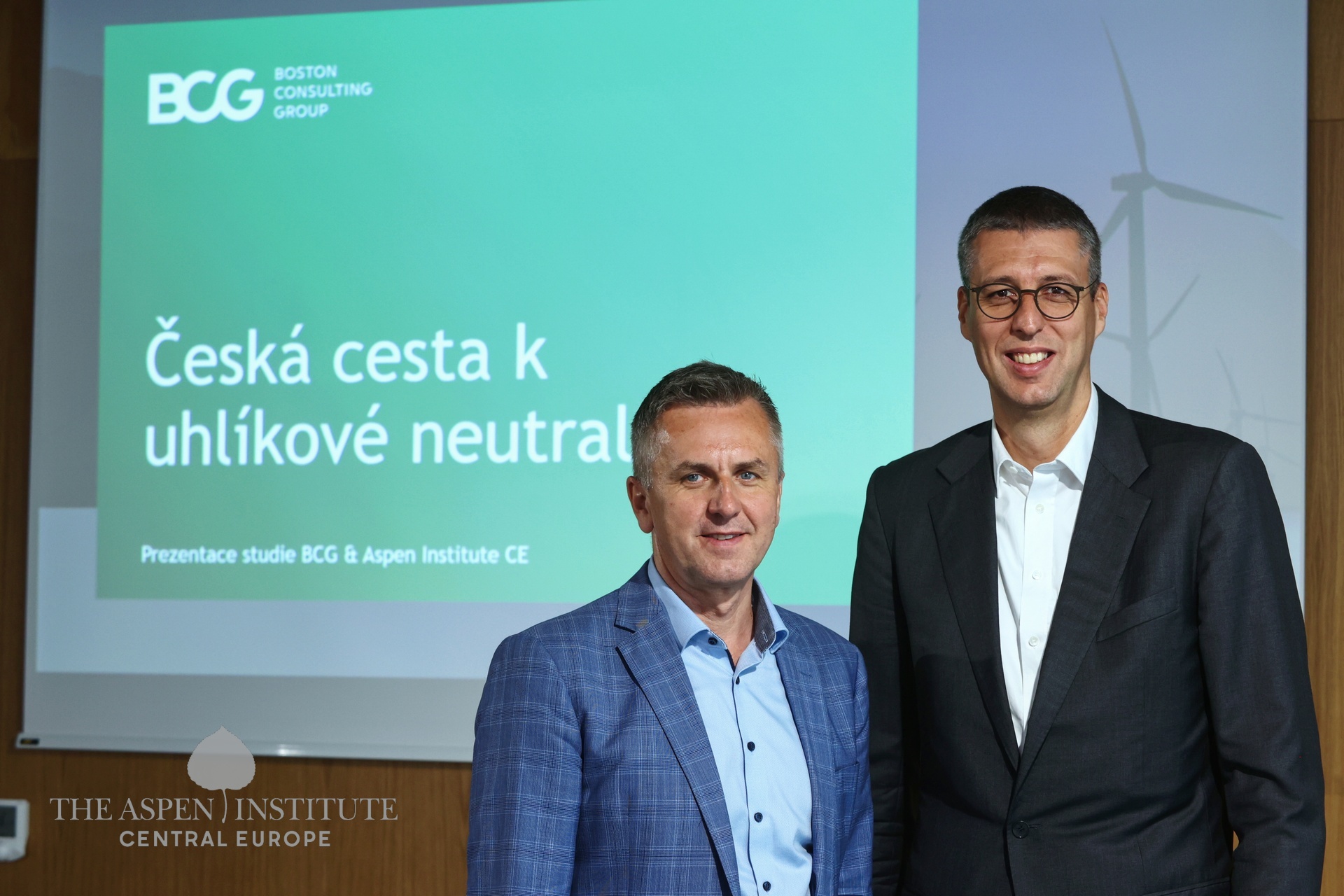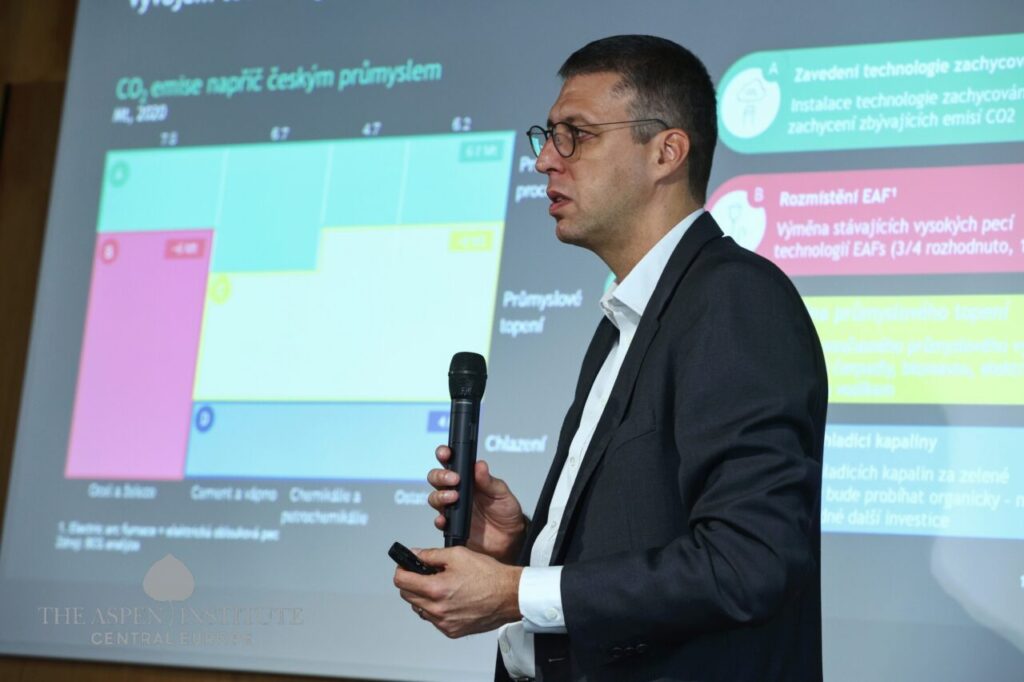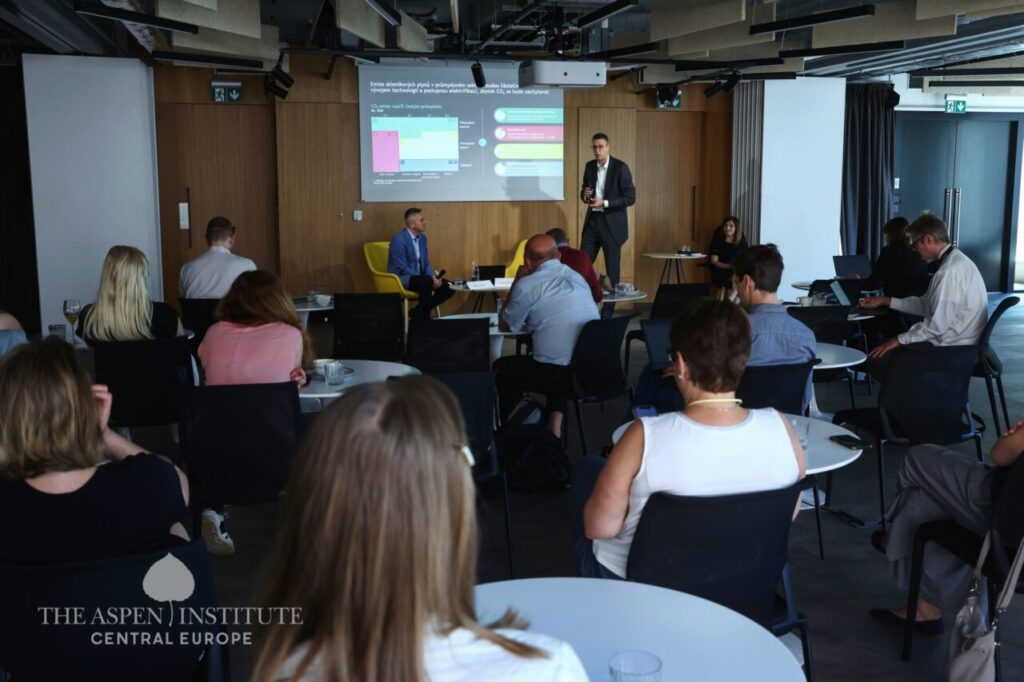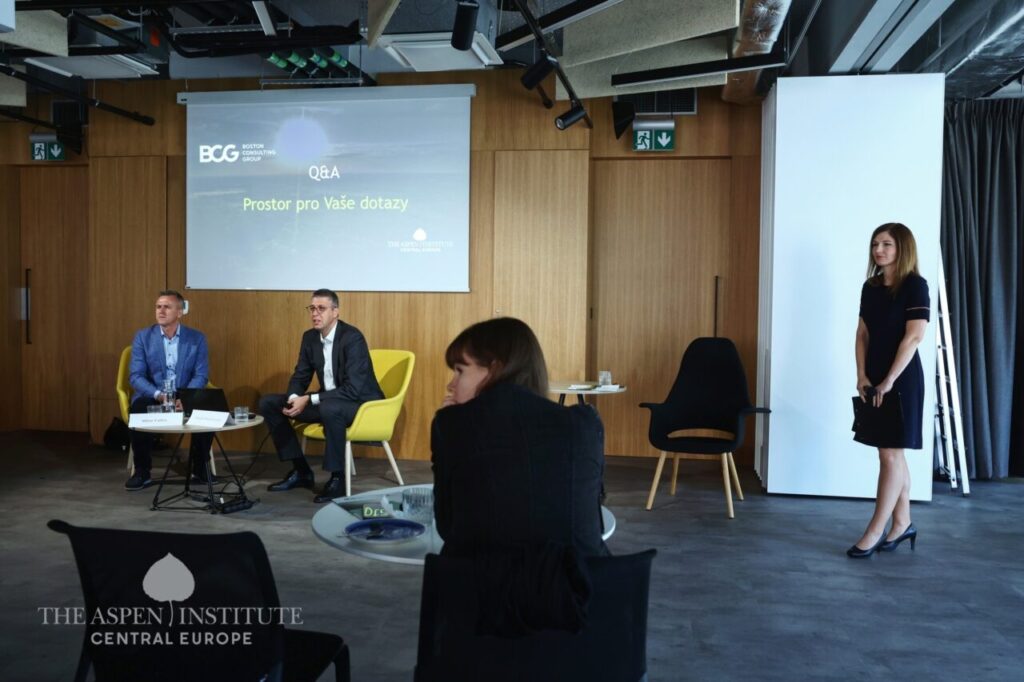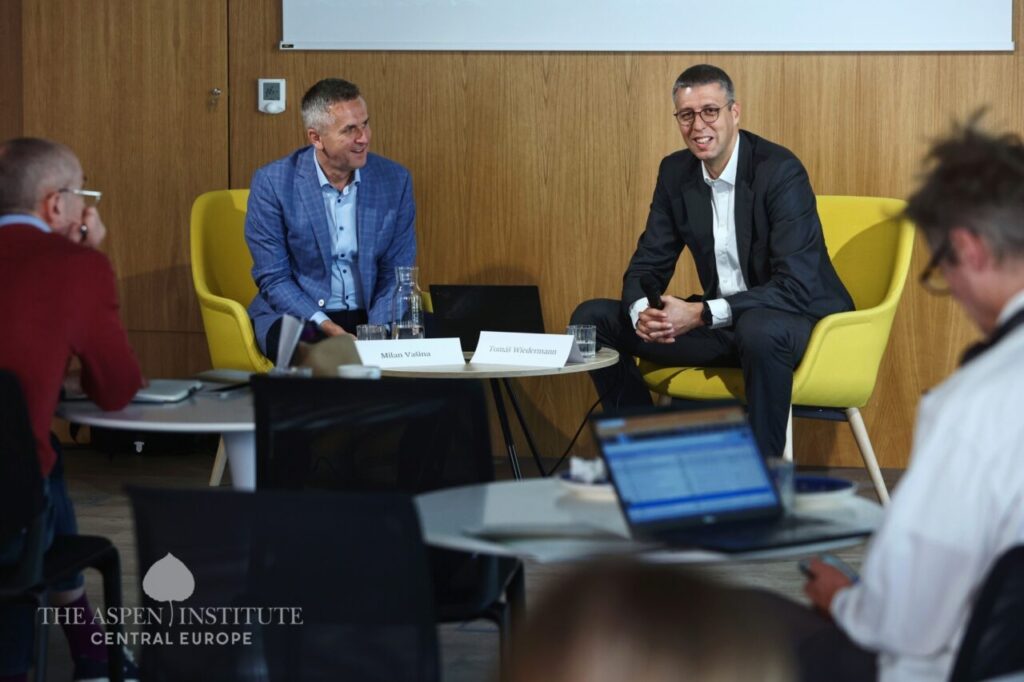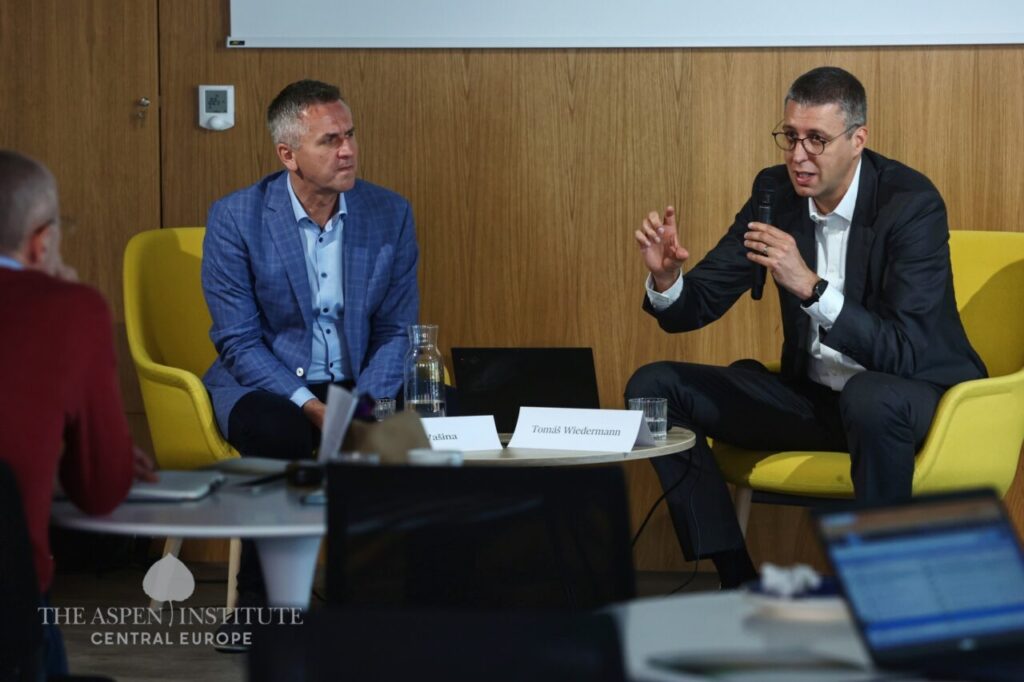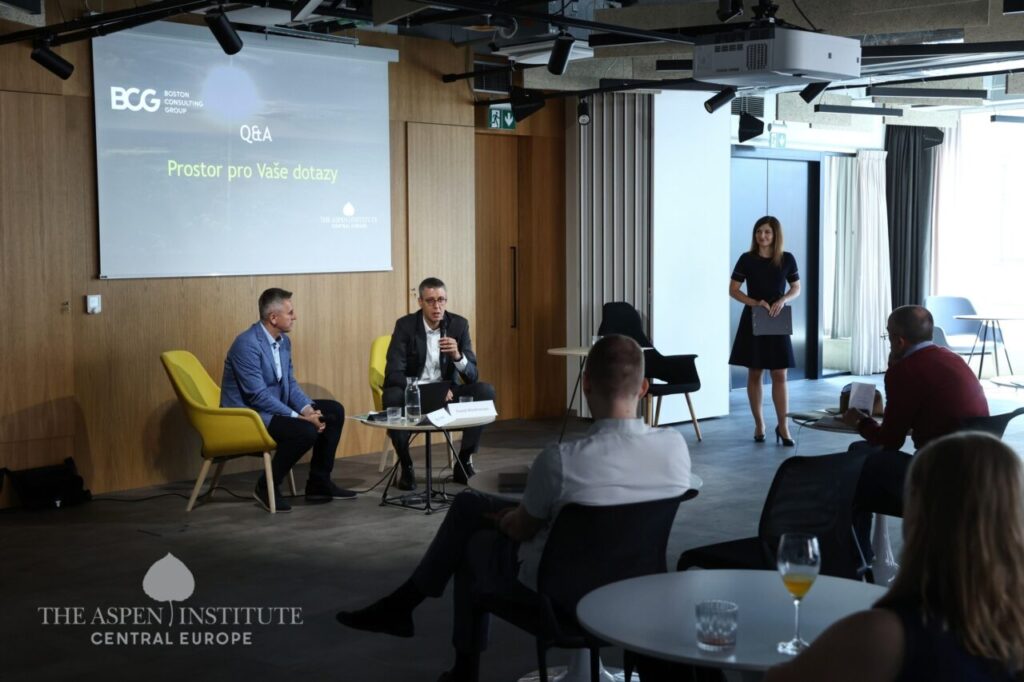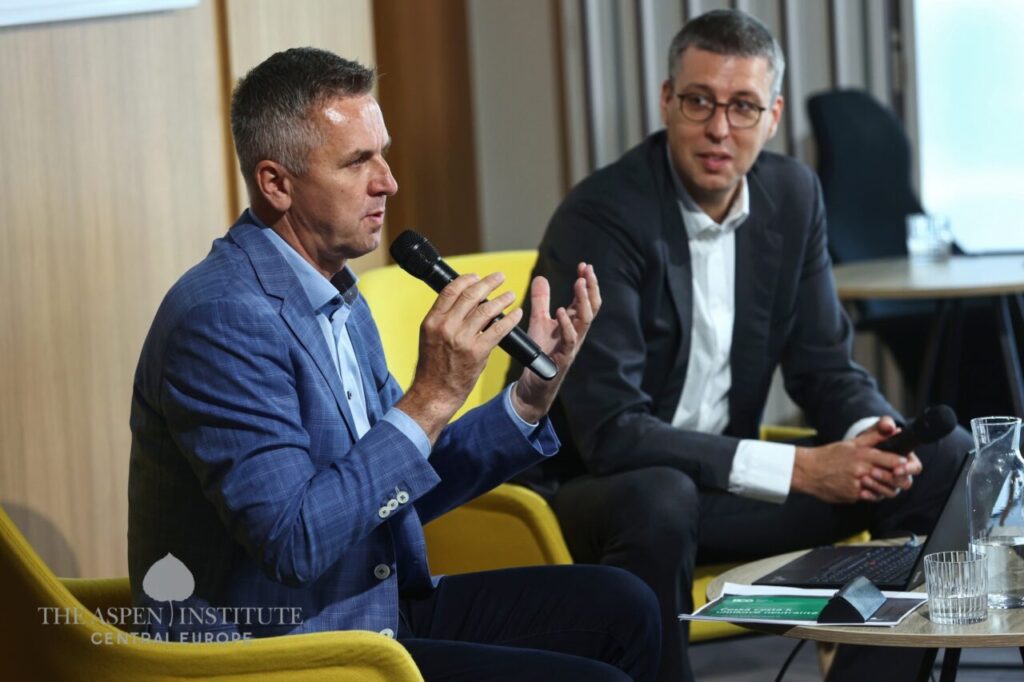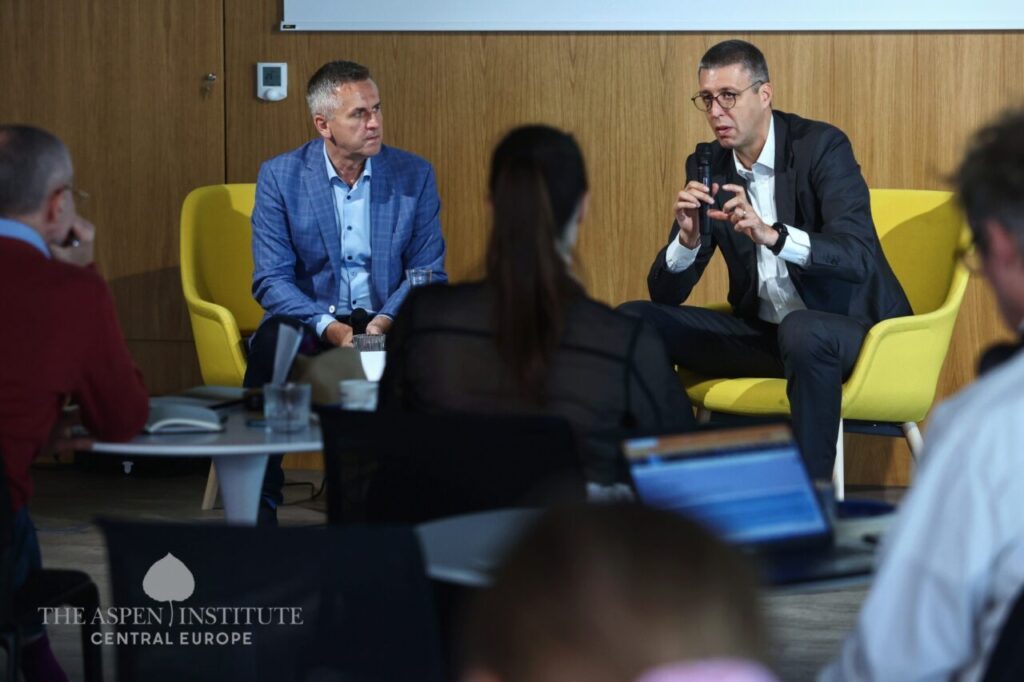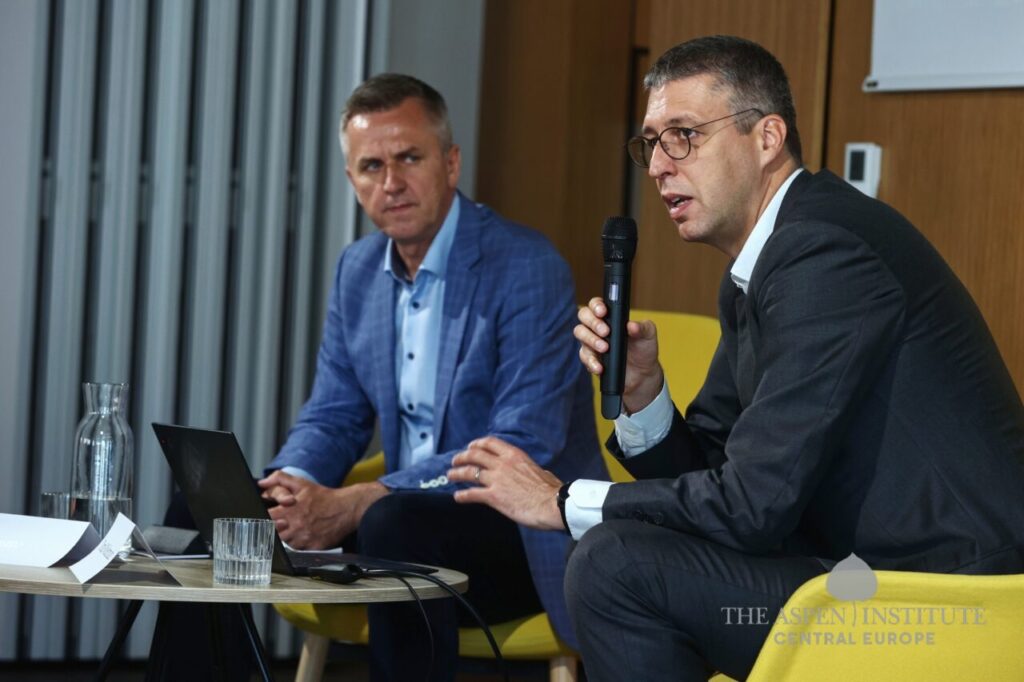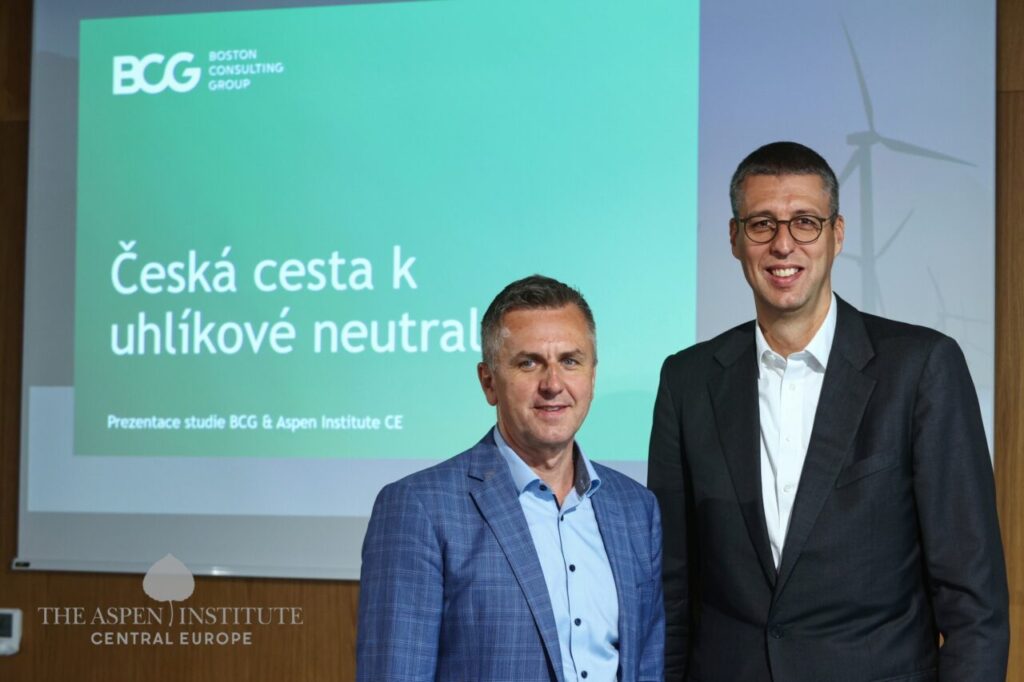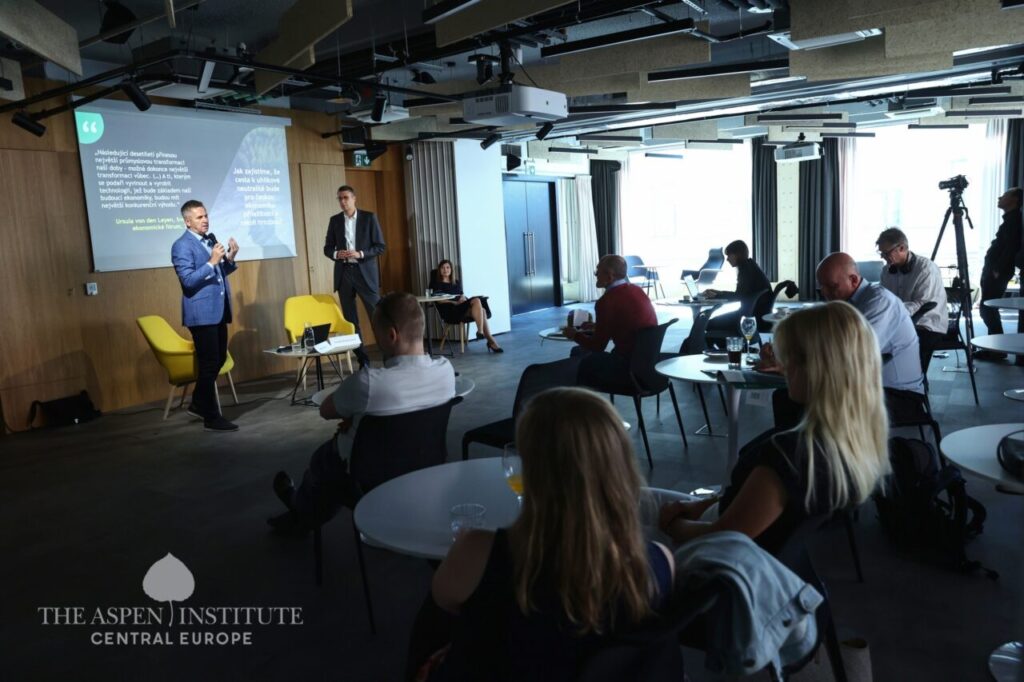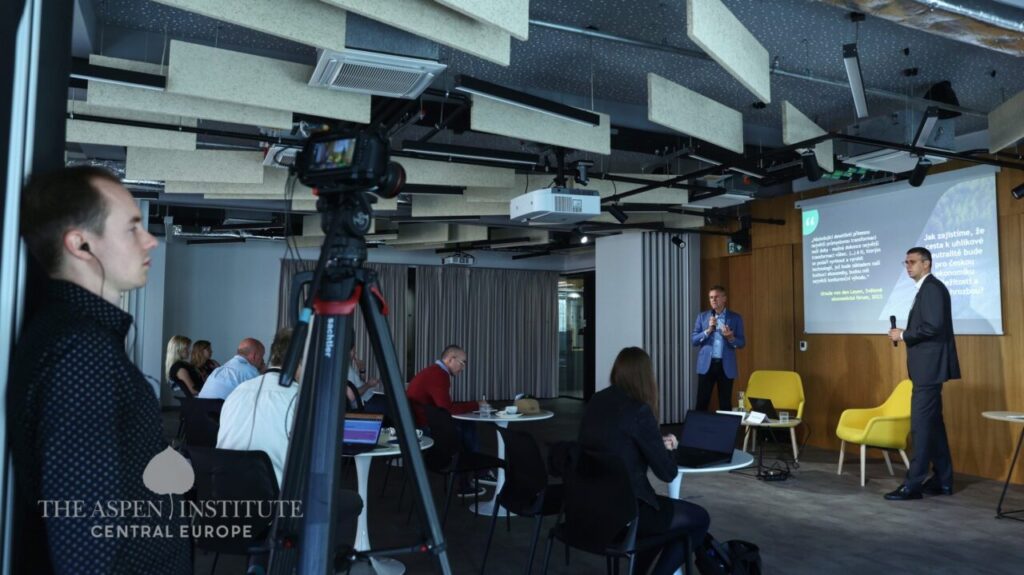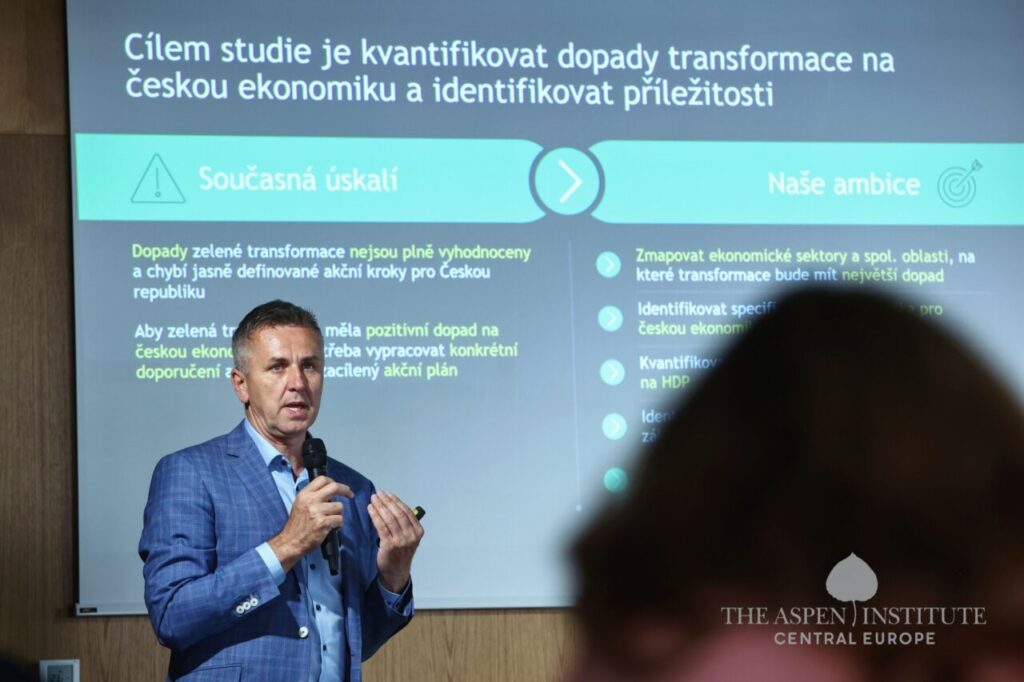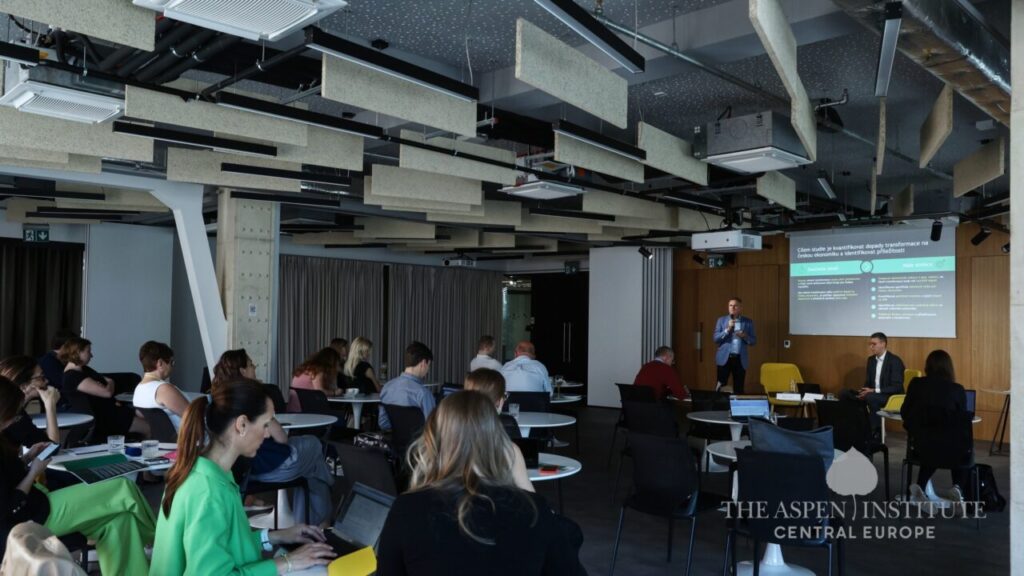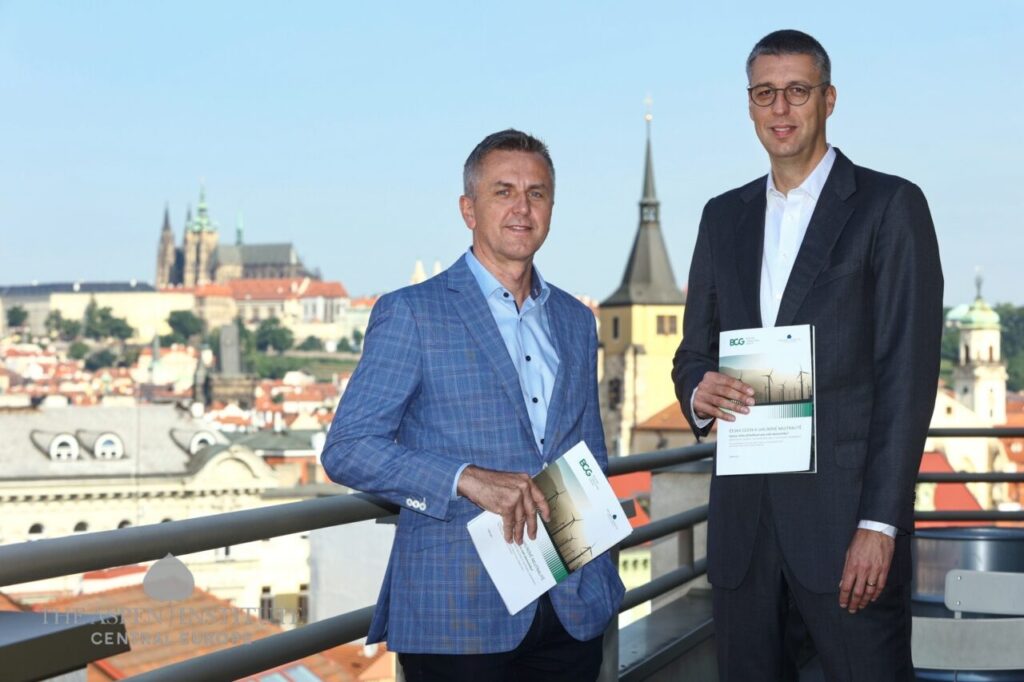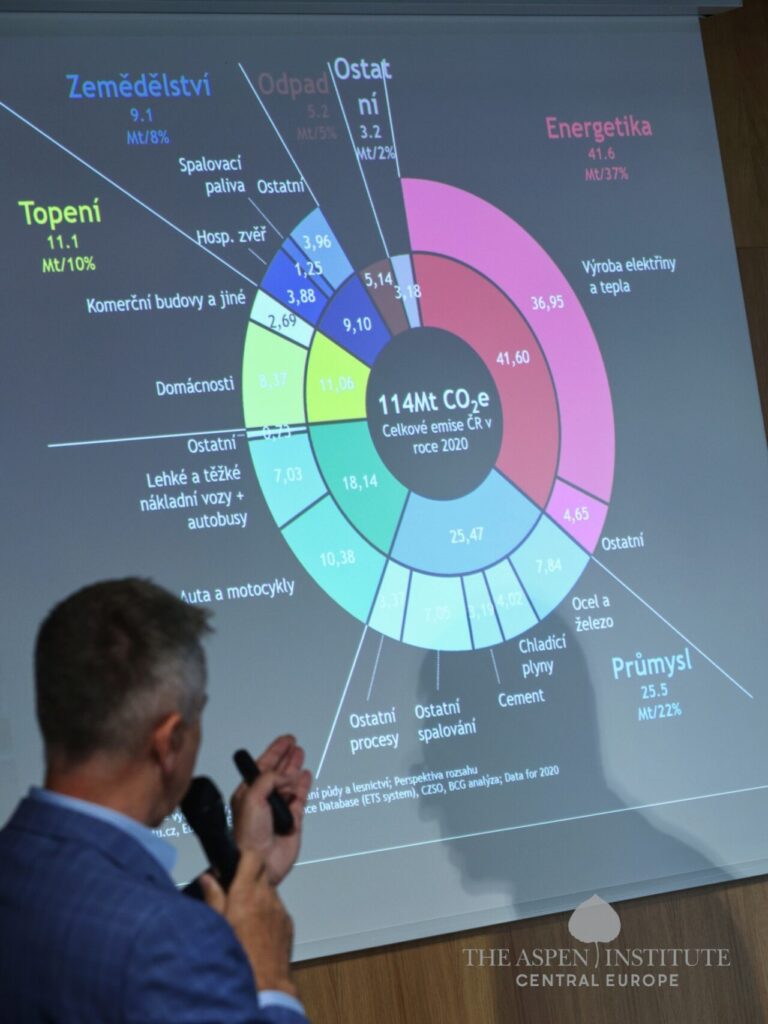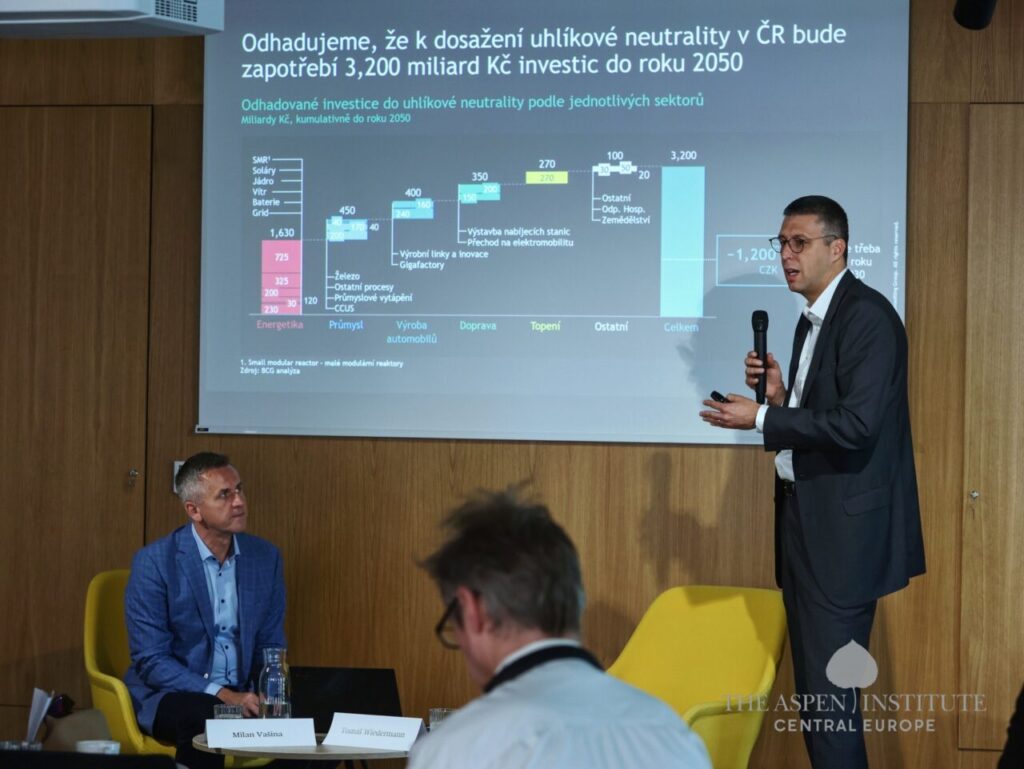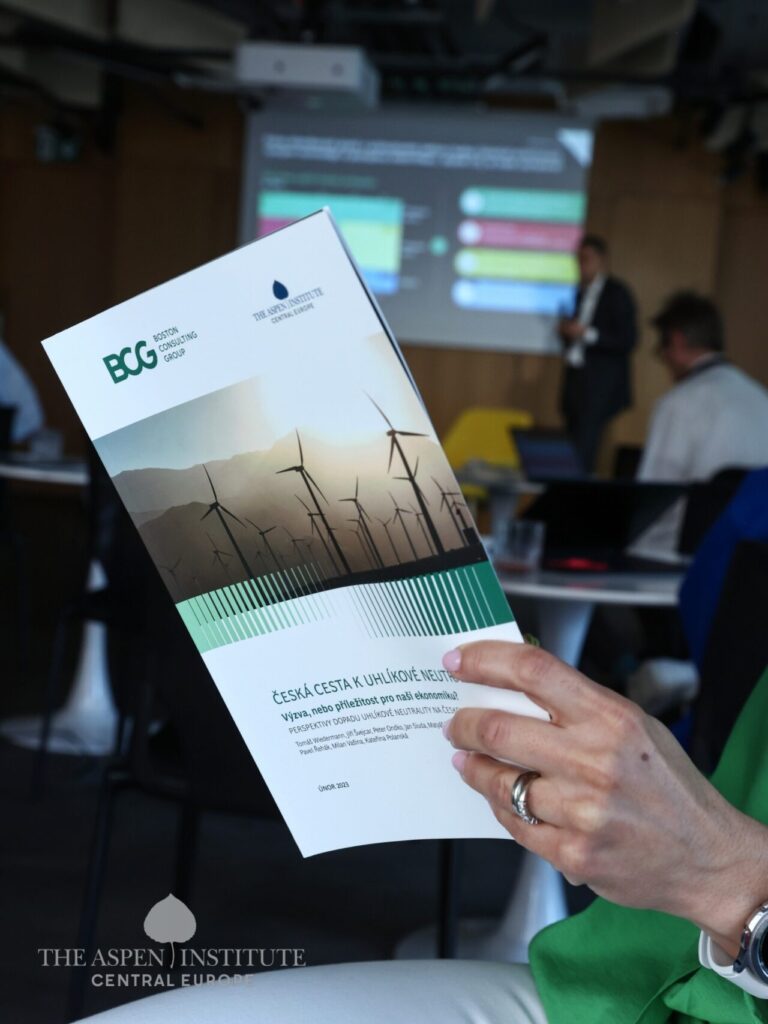On Thursday, June 16, 2023, the Aspen Institute Central Europe and the consulting company Boston Consulting Group presented a study entitled CZECH PATH TO NET ZERO: Challenge or Opportunity for Our Economy?
The Czech Republic must start investing in the transformation to a carbon-free economy immediately. We should do so by supporting technologies that can be exported to other countries; this is the only way we will maintain a strong position in the competition of European states and a high standard of living for our population.
If the Czech Republic takes the lead in the transformation to carbon neutrality, we have a chance to be on the side of the winners in this process and to be a European technological leader in a number of sectors.
The study identifies five areas that represent opportunities to transition to carbon neutrality. The following opportunities are worth hundreds of billions of crowns per year for Czech companies:
- production and development of electric cars, including batteries
- production and development of technologies and software for renewable energy sources
- produce and development of modular nuclear reactors
- utilization of hydrogen technology
- production of heat pumps
“The path to carbon neutrality will require the transformation of a large part of the economy, which must be coordinated and actively managed, otherwise we will remain halfway at best, and at worst Czech GDP will decline in the coming years. The key is the decarbonisation of the Czech energy sector and the strengthening of the transmission system, which will require half of all financial resources that will need to be invested in decarbonisation,” points out Milan Vašina, Executive Director of the Aspen Institute CE and co-author of the study.
“If we can’t set the correct course now, it will have to be set later, with significantly higher costs and lower benefits,” says Tomáš Wiedermann, managing partner of the Boston Consulting Group and co-author of the study.
The study suggests a total of 27 concrete measures, the most urgent of which is to establish a coordination center for climate transformation, which will be able to manage the transformation to carbon neutrality across departments and sectors.

